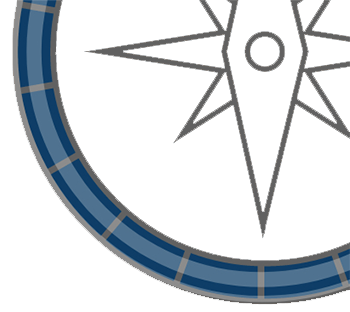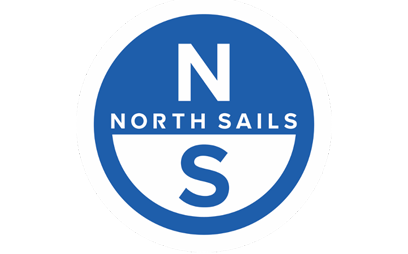
Vendée Globe – closer than ever in final week


The end of this ninth edition of the Vendée Globe is going to have the tightest of finishes ever.
Due to its 24,000+ mile course and its long, long duration, the solo non-stop round the world race almost inevitably turns into a war of attrition with victory going to the skipper who has managed to keep his or her boat in one piece and remained the fittest and fastest. Saying this, there have been close finishes, the tightest having been in 2012-13 when three hours and 27 minutes separated first placed Francois Gabart and MACIF from second placed Armel le Cleac’h aboard Banque Populaire. On that occasion third placed Alex Thomson on Hugo Boss was two days and 14 hours adrift of first.

Scroll on four years and last night, with less than 1,000 miles to go, less than one mile separated the leaders, with Louis Burton on Bureau Vallée 2 having momentarily edged a nose ahead of Charlie Dalin on Apivia after they split gybes. Equally as incredible was the top seven IMOCAs being within 330 miles. When they arrive at the finish in Les Sables d’Olonne towards the end of this week, they could all arrive over the course of 24 hours.
As if this arrival schedule were not frantic enough, among the top seven, two upon finishing will be awarded time compensation for their part in the search for Kevin Escoffier.
The PRB skipper, and Volvo Ocean Race winner, had been forced to take to his liferaft, on 30th November after his yacht had broken in half and sunk. Most alarming, and unprecedented in Vendée Globe history, Escoffier was adrift in his liferaft deep in the Southern Ocean for more than 11 hours before being rescued by fellow competitor and unquestionable ‘man of the match’, Jean le Cam on Yes We Cam!
While the jury have given le Cam time compensation of 16 hours 15 minutes, this may be enough for the French race legend to gain one place and overtake 7th placed Giancarlo Pedote on Prysmian Group, but little more. However time compensation is likely to make a profound impression on the finishing positions of German skipper Boris Herrmann on Seaexplorer – Yacht Club de Monaco and Yannick Bestaven on Maître Coq IV.
Bestaven led the fleet back into the Atlantic at Cape Horn and seemed to have pulled out an unassailable lead of 400 miles half way up the South Atlantic, only to see this evaporate as there was a virtual race restart east of Rio. Sadly Bestaven has been unable to recover his period of glory and is currently back in fifth place, 300 miles off the lead. However a time compensation of 10 hours 15 minutes could see him at least relieve Thomas Ruyant on LinkedOut of fourth place.
But the big question mark hovers over Herrmann. Holding third place, 57 miles off the lead last night, the German former Class 40 round the world race winner on his Monégasque IMOCA has six hours of time compensation awaiting him at the finish line. Given his average VMG over the last 24 hours of 14.8 knots, this would translate into 89 miles, so the winner of the 2020-21 Vendee Globe could be him and not one of the two current front runners. How this unfolded this week will be fascinating.
Ironically, despite the latest foiling IMOCAs being legions faster than the previous generation, their lap of the planet has been exceptionally slow with an 81 day course time looking likely for the leaders, more than a week slower than Armel le Cleac’h who set a record race time aboard Banque Populaire in 2016-17. This is thanks to complex (aka slow) weather patterns, especially outbound down the Atlantic. On a positive note, this may have contributed to this race’s extraordinarily low attrition rate so far. At the time of writing just eight IMOCAs had retired from a record-sized starting grid of 33. Statistically over past races, just over 50% of the fleet make it round.
James Boyd



